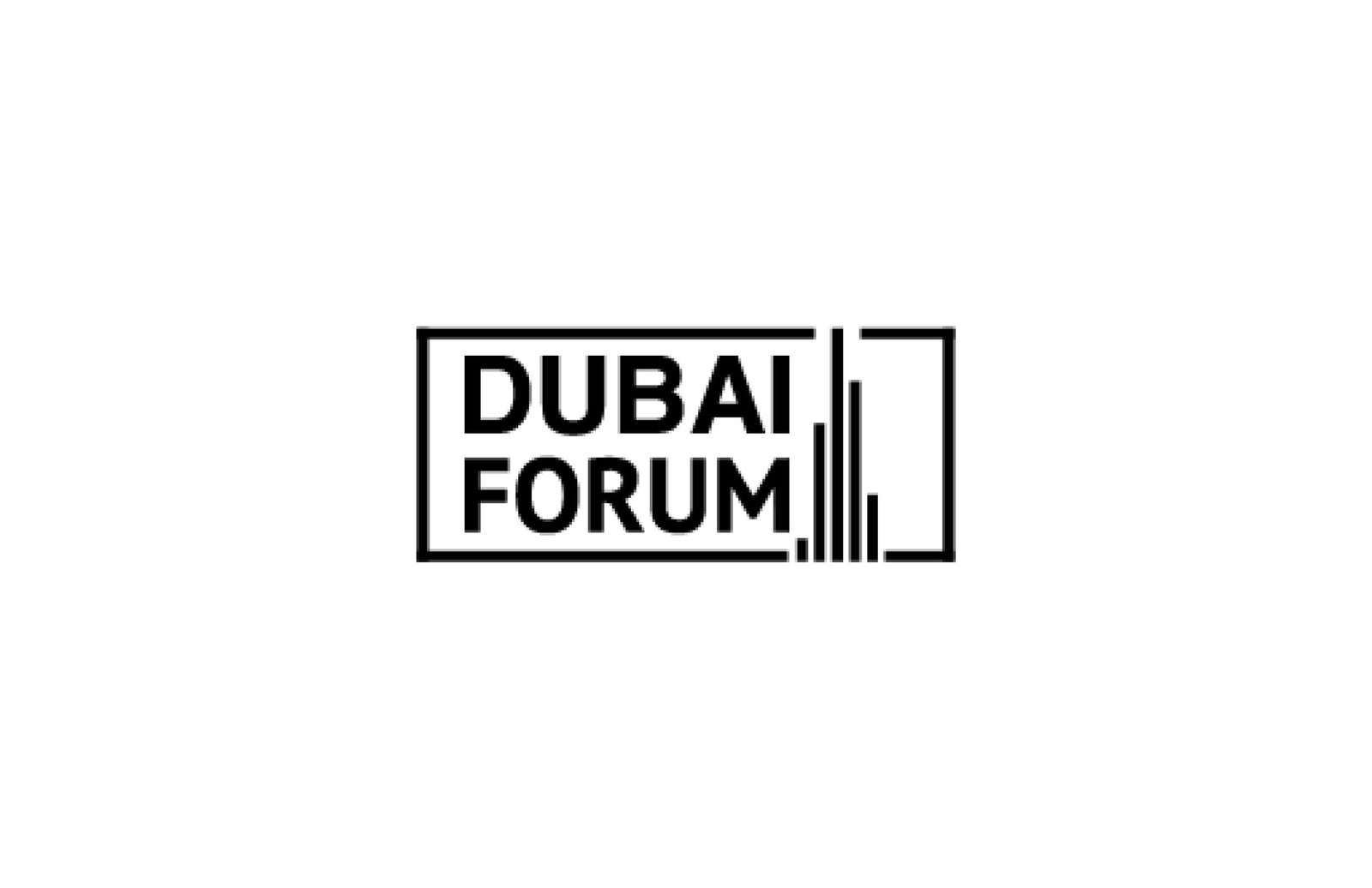The Future of Urban Development: Exploring Sustainable Practices in Real Estate
As cities continue to expand, the importance of sustainable urban development has never been more paramount. With an array of challenges including environmental degradation, population growth, and economic pressures, the real estate sector finds itself at a crucial juncture where innovation and responsibility must converge. In this context, examining sustainable practices within the industry reveals not only opportunities for growth but also the potential for creating livable, resilient urban environments.
Embracing Sustainability in Real Estate
The concept of sustainability within real estate goes beyond merely using eco-friendly materials. It encapsulates an overarching approach to development that prioritizes environmental, social, and economic considerations. As stakeholders increasingly recognize the long-term benefits of sustainability, numerous developers are adopting green building practices, as delineated by the WorldGreenBuilding Council, which advocates for energy-efficient technologies, sustainable land use, and enhanced indoor environmental quality.
For instance, developers are now implementing energy-efficient designs that utilize natural lighting and ventilation, thus reducing reliance on artificial heating and cooling systems. This shift is not merely altruistic; it is economically prudent. Projects that adopt such strategies often experience reduced operational costs and heightened marketability. Moreover, properties equipped with green certifications, such as LEED (Leadership in Energy and Environmental Design), tend to command higher rental and sale values, signaling a robust demand for sustainable living spaces.
Regional Focus: The Middle Eastern Landscape
In the Middle East, particularly in countries like the UAE and Saudi Arabia, there is a distinguishable acceleration in sustainable real estate development. Governments in these nations are prioritizing economic diversification and addressing climate change impacts through comprehensive policies. The UAE, for example, has launched the Dubai Clean Energy Strategy 2050, aiming for a sustainable energy mix, increased energy efficiency, and a profound reduction in carbon emissions.
The Kingdom of Saudi Arabia has made significant strides with its Vision 2030 plan, which encompasses diverse reforms aimed at fostering a more sustainable economy. This includes expanding green building initiatives within real estate. Notably, the King Abdullah Financial District in Riyadh is being developed with the emphasis on sustainability, featuring green spaces, energy-efficient systems, and reduced carbon footprints. Such grandiose projects showcase the potential for urban spaces that are not only aesthetically pleasing but environmentally responsible.
The Economic Case for Sustainability
The economic implications of sustainable practices in real estate further underscore the urgency for adoption. A report by the Global Alliance for Buildings and Construction projects that sustainable building practices can stimulate significant job creation within the construction sector. By prioritizing green technologies and infrastructures, the industry can stimulate economic growth while addressing pressing environmental concerns.
Investment in sustainable real estate also fosters innovation. As developers explore new materials and technologies, they often pioneer advancements that can be applied across various sectors. This intersection of technology and real estate can catalyze entire industries, enhancing local economies through job creation, skill development, and increased foreign investments.
Navigating Challenges
Despite the evident advantages, the transition to sustainable practices is not without its challenges. High upfront costs, the prevailing market appetite for traditional construction methods, and regulatory hurdles can hinder progress. To combat these obstacles, stakeholders must engage in collaborative dialogues that include policymakers, investors, and local communities. By fostering partnerships and shared visions for sustainable urban development, the industry can navigate and surmount these challenges.
Moreover, public awareness campaigns can play a crucial role in altering consumer perceptions. As the general populace becomes increasingly climate-conscious, there is a growing demand for eco-friendly living spaces. This shift in consumer priorities can incentivize developers to embrace sustainability as a standard practice rather than an exception.
Conclusion
In conclusion, the sustainable transformation of the real estate industry offers a pathway to enhanced urban resilience, economic growth, and environmental stewardship. The commitment from stakeholders, coupled with government policies and community engagement, lays the groundwork for a future where urban environments thrive on responsible development. As we embark on this journey, the goal remains clear: to build not just for today, but for generations to come.
Tags: #RealEstateNews, #EconomyNews, #UAE, #Sustainability

